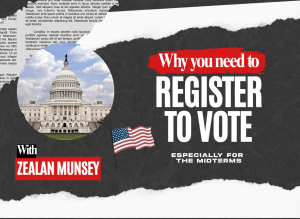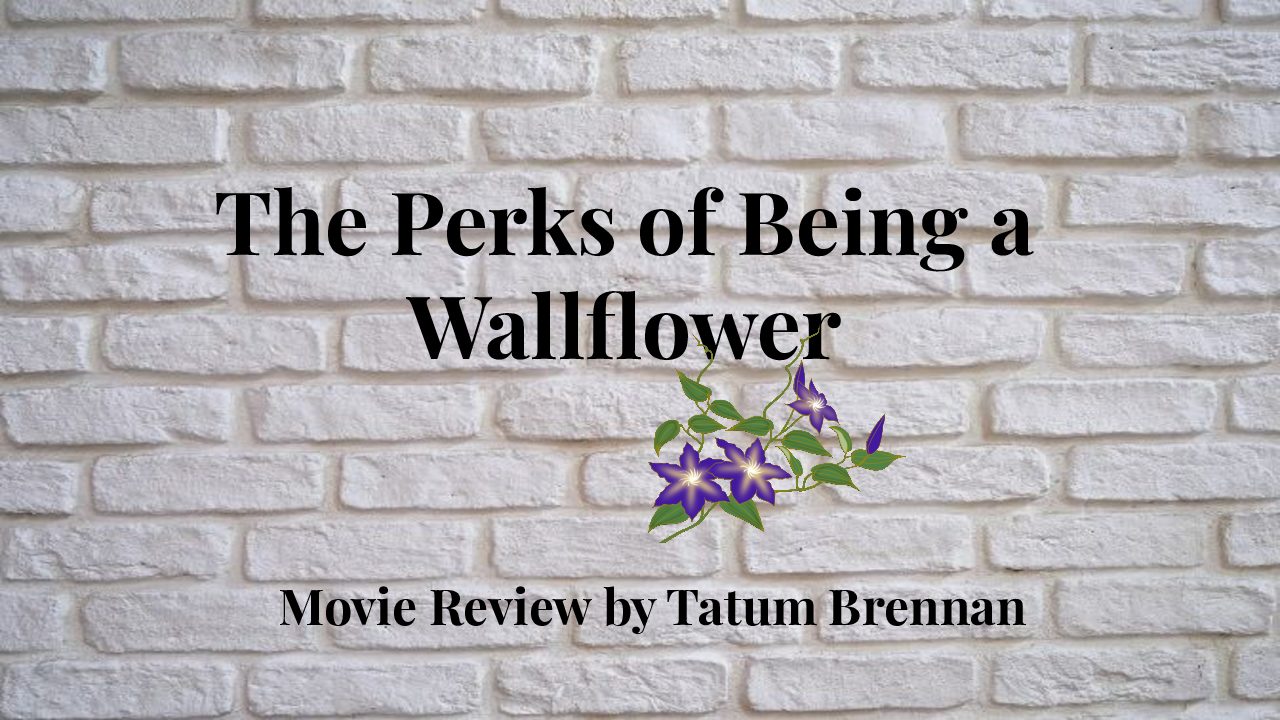Is “just be yourself” bad advice?
May 2, 2019
The phrase “just be yourself” is often bounced around during the college admission process. From selecting a school to interviews and testing, this generic buzz phrase is often used as token advice to outgoing seniors.
But, should we really be ourselves?
By settling to “be yourself,” you are inherently setting yourself up for mediocrity. With the exception of a select few, the majority of us are, statistically, very average, meaning there is really nothing achieved by the notion that we all have some special snowflake deep inside of us that is the key to a happy, fulfilled life. That, if we can just find it, we will have the answer to all our life-changing decisions.
And school perpetuates this idea. The constant pressure to make decisions on the basis of “being yourself” forces students to authenticate themselves into corners, whether academic or social, creating barriers for themselves based on what they believe their true self is.
Token advice like this can be damaging and unhelpful. Attempts to reach authenticity often don’t reveal a genuine self so much as create the semblance of one. With fear cemented in our hearts of being what “society” wants us to be, we often forget that it is okay to be fake, to pretend to be friendly, to pretend to have interests or goals, to pretend to be whatever we think other people want us to be. We are taught from a young age that lying is bad, that truth is the only form of authenticity, but this isn’t true. Authenticity is being genuine to an idea, not necessarily that there is only one true self to be ultimately achieved.
Obviously, there are limits to this idea. The fine line between pretending to be somebody else and losing your identity is a dangerous one, but, we ultimately grow out of what we take from others.
Don’t be afraid to base yourself on a well-chosen selection of those you admire. True happiness can be achieved not only through this notion that we all must be ourselves, but through the idea that it’s ok to take a page out of someone else’s book from time to time— to reach beyond what realistically may be possible for ourselves. In reality, very few of us will ever know who we truly are. But, this is nothing new.
In 2009, students over age 35 accounted for 17 percent of all college and graduate students. That means that over ⅕ of American adults made some change to their career paths or goals, over 10 years out of college. So why should you, as a high school student with almost no experience, pressure yourself to find and make the correct decisions to plot the course of your life? You shouldn’t.
Changing and evolving is ok, and, arguably, a good thing. Because, again, with the exception of a lucky few of us, we are all, in the end, just average. So let society shape you and don’t be afraid to be what others expect of you. Fearing being inauthentic is burdensome and wasteful because, in the end, no one cares how authentic you are.
As seniors prepare for an entirely new set of social experiences next fall, remember to surround yourself with people you trust and use them to build a better understanding of yourself. Because, although most of us will never be special snowflakes or reach ultimate enlightenment, being happy is more important than being genuine.






